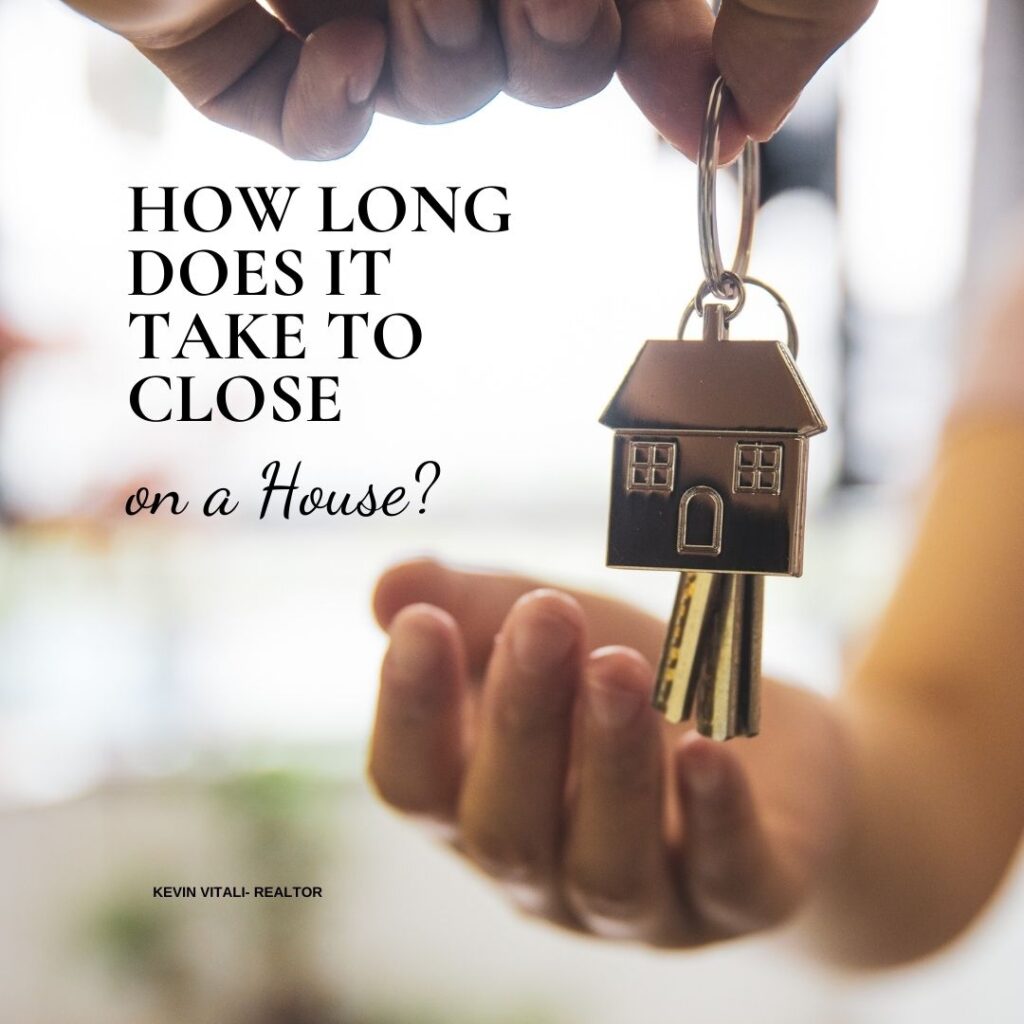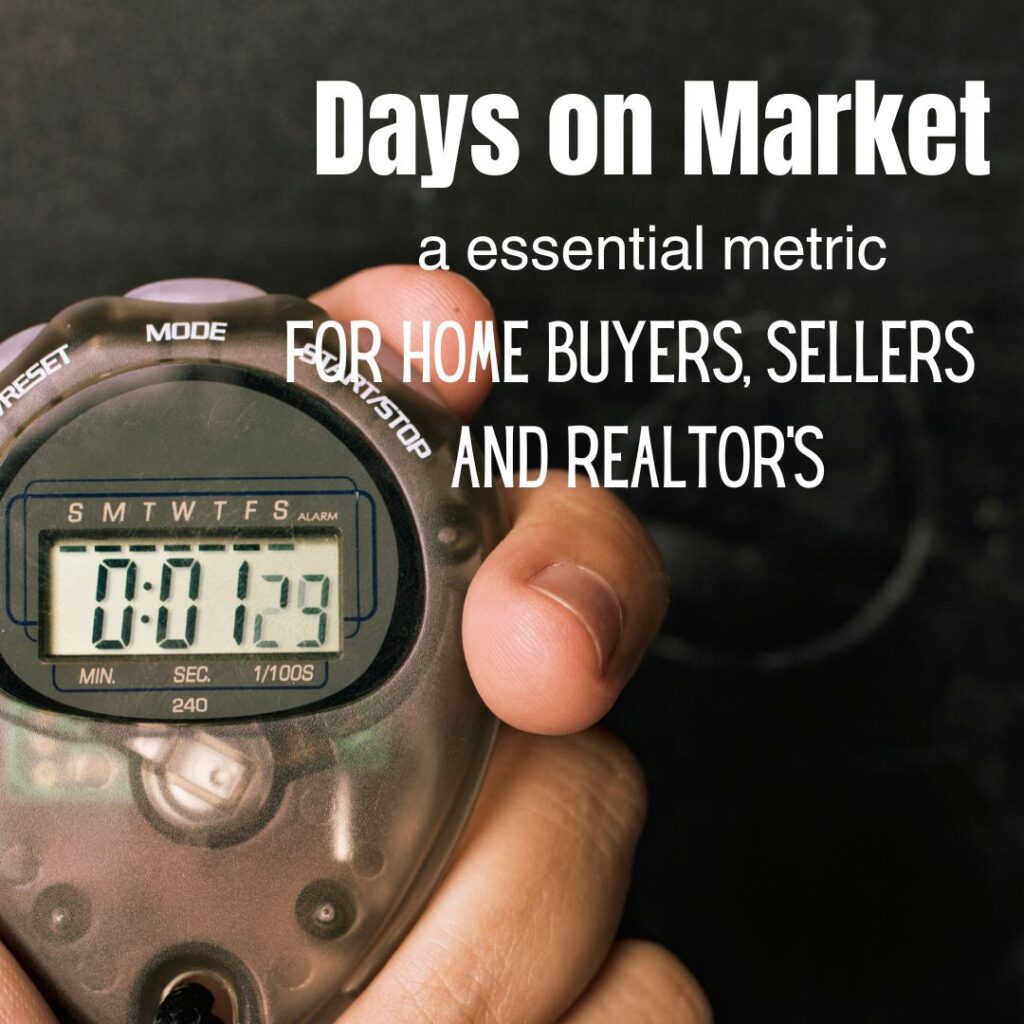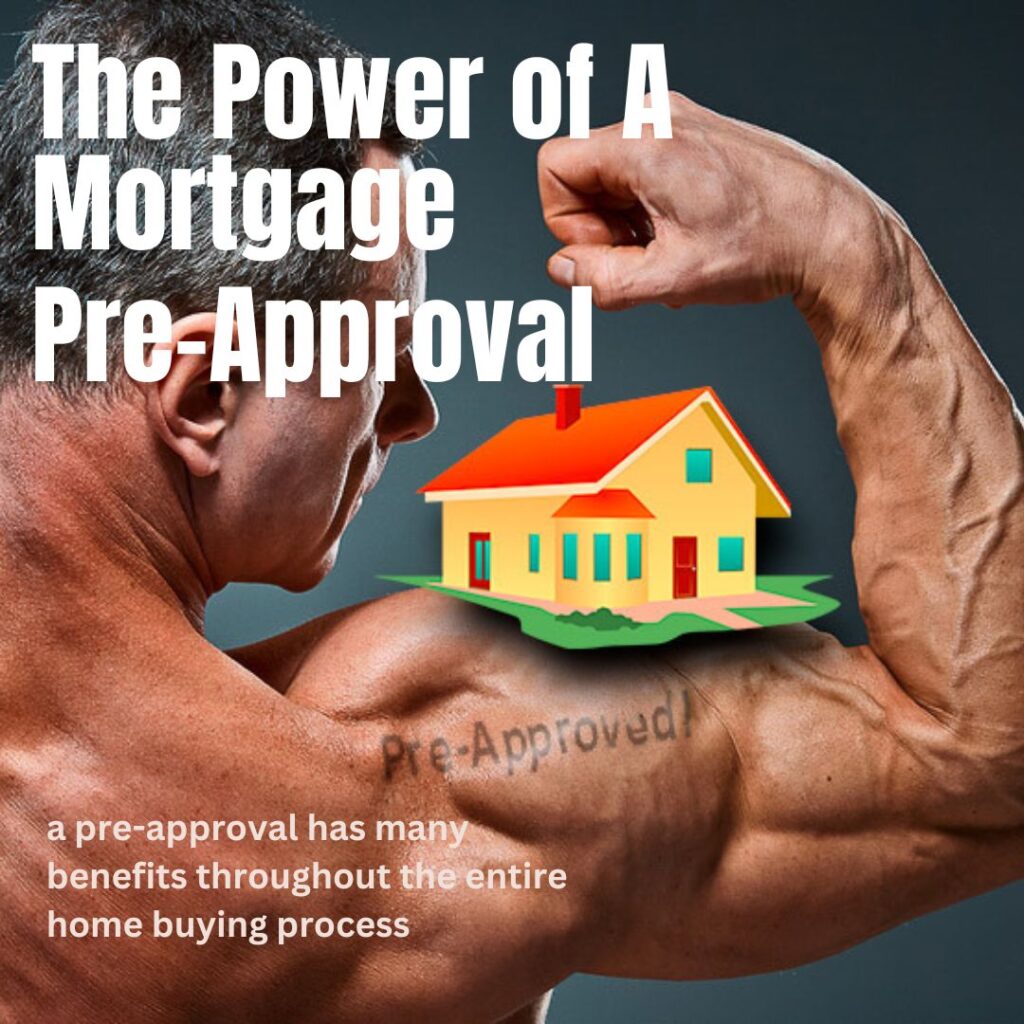 The FHA home loan is definitely a loan program to look at for cash strapped first time home buyers. It is certainly not a program just for first time home buyers, it can also be used for refinances and move up or down buyers. Should you get an FHA loan or not when purchasing a home?
The FHA home loan is definitely a loan program to look at for cash strapped first time home buyers. It is certainly not a program just for first time home buyers, it can also be used for refinances and move up or down buyers. Should you get an FHA loan or not when purchasing a home?
What is an FHA Loan?
An FHA home loan is one backed by the Federal Housing Authority or the FHA. It is a government agency that secures home loans with Mortgage Insurance.
The FHA loan program was initially created to help low to moderate income buyers secure low money down loans. It has been used throughout the years to increase homeownership and stabilize unstable housing markets.
It can be used to buy an owner occupied single family home. Condominium or multifamily between 1-4 units.
An FHA home loan traditionally has more forgiving underwriting criteria than a conventional mortgage.
The Pros of an FHA Home Loan
Should you get an FHA loan when purchasing a home? Lets look at the pro’s of securing an FHA home loan.
Less Stringent Credit Requirements
One of the biggest benefits of an FHA home loan is less stringent credit requirements. It is possible to be financed with a 580-620 credit score which most other loan programs will not allow. Many loan programs will not allow credit scores of under 620-680. Its important keep your credit score in good shape.
Low Down Payment with No Income Requirements
An FHA home loan has a minimum down payment of 3.5%. It is one of the lowest down payment available for home buyers to purchase a home that is available to almost everyone.
Many of the other low money down programs have income requirements. They are geared specifically to low or moderate income borrowers.
Can Use Gift Funds and Seller Contributions for Down Payment and/or Closing Costs
FHA loans make it very easy to use gift funds for down payment and closing costs from a family member. An FHA loan also allows a seller to contribute up to 6% of the purchase price for the buyers closing costs (cannot be used for down payment).
A borrower taking advantage of gift funds and seller paid closing costs can virtually buy a home without touching any of their own funds or very little.
Larger Debt to Income Ratios
The FHA also allows larger debt to income ratio over other loan programs when qualifying for a mortgage. The highest debt to income ratio for an FHA home loan is 45% while many other loan programs are 43% or less.
FHA Loans Can Be Assumed
A potential buyer could assume your mortgage if they qualify, if you should sell your home in the future. While it is not the easiest process to go through in a market where interest rates are rising, this could be a real selling point. If mortgage rates are 6 or 7% and you can offer a 4% assumable mortgage that will look attractive to many home buyers.
Purchasing After Bankruptcy
An FHA mortgage is probably the most liberal when dealing with bankruptcies. In some circumstances, you can get a an FHA mortgage as soon as 1 year after a chapter 13 bankruptcy and 2 years after a chapter 7.
If you have had a recent bankruptcy and you want to buy a home, than the FHA is probably the way to go.

The Cons of an FHA Home Loan
Should you get an FHA home loan? Lets look at the cons of an FHA Mortgage.
MIP or Mortgage Insurance Premium
As with any loan you will be required to pay monthly Mortgage Insurance Premiums if you put less than 20% down. The FHA mortgage insurance tend to be higher than on a conventional mortgage that uses Private Mortgage Insurance.
In most cases the MIP stays in place the whole life of the loan, 11 years if you put down 10% or more. With other loan programs you have the opportunity to remove mortgage insurance if you can prove the equity is in the home.
Upfront MIP Payment
The upfront mortgage insurance premium is probably the biggest downside for most home buyers when using an FHA home mortgage.
You will also have an upfront mortgage insurance payment at closing it is typically about 1.75% of the amount borrowed. If you borrow $250,000 your upfront MIP would be $4375.00. No other loan program has a required upfront fee for mortgage insurance.
Loan Limits
The FHA Loan Program does have loan limits. It varies across the country based on the median house income. Generally the limits are high enough to finance a decent home but it may limit you if you could get financed for more through another loan program.
Mini Inspection
Unlike any other loan program, the FHA home loan requires an FHA appraiser to do a mini home inspection such as pest, peeling paint etc…. The property must meet the minimum standards for the loan to be approved. It is more of a nuisance than anything.
It does require any of the repairs to be done prior to closing and to be re-inspected by the appraiser. Not every home seller will want to do the little nuisance repairs after you have already completed your home inspection period.
Condominium Approval Required
One are of huge disappointments for many buyers is the FHA requires condominium complexes to be FHA approved for them to finance a condominium. Percentage wise it is low the number of complexes that are approved leaving many condos unavailable to buyers.
Should You Get An FHA Loan When Purchasing a Home
An FHA Mortgage is a great product if you have a lower credit score or higher debt to income ratio. With a minimum down payment of only 3.5% and relaxed underwriting, it could be the perfect home loan for you.
An FHA mortgage is a definite plus when if you need some looser underwriting guidelines, especially for credit score and debt to income ratio. It also is a great low money down option that does not have income requirements like some other loan programs
The big downside is the upfront mortgage insurance premium, requiring more cash at closing. But for folks with lower credit scores it may be the only option you have.
Work with your mortgage lender and buyers agent to find the right home loan program for you. Not every lending institution has every program available. Your buyers agent should also be familiar with the different low money down programs that are available to you and how they may benefit you.
Other low money or no money down programs are VA Home Loans, Mass Housing (for Massachusetts Residence only) FNMAE Home Ready Loan, FMAC Home Possible Loan and USDA Loan.
Other Real Estate Resources
- Bill Gassett- How to Remove Private Mortgage Insurance
- Paul Sian- 20 Important Mortgage Terms To Know
- Ryan Fitzgerald- What Do I Need to Know About Mortgages
- Anita Clark- 5 FHA Mortgage Quirks You Must Know




